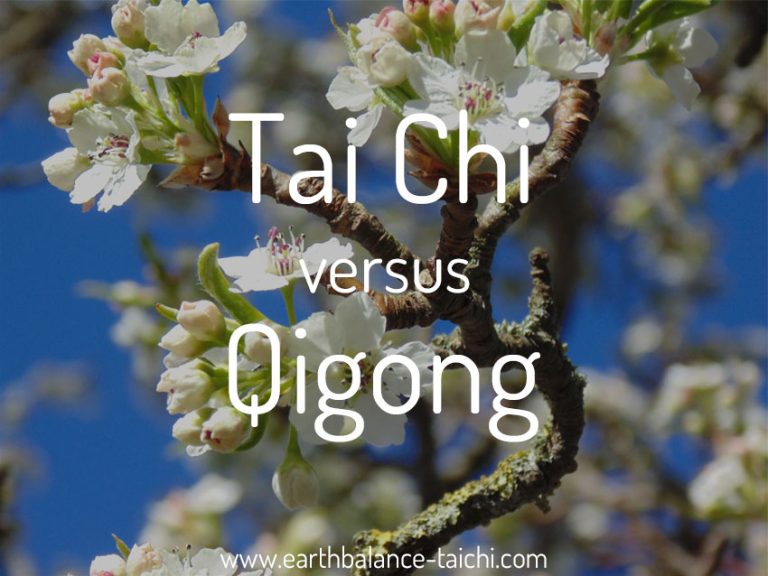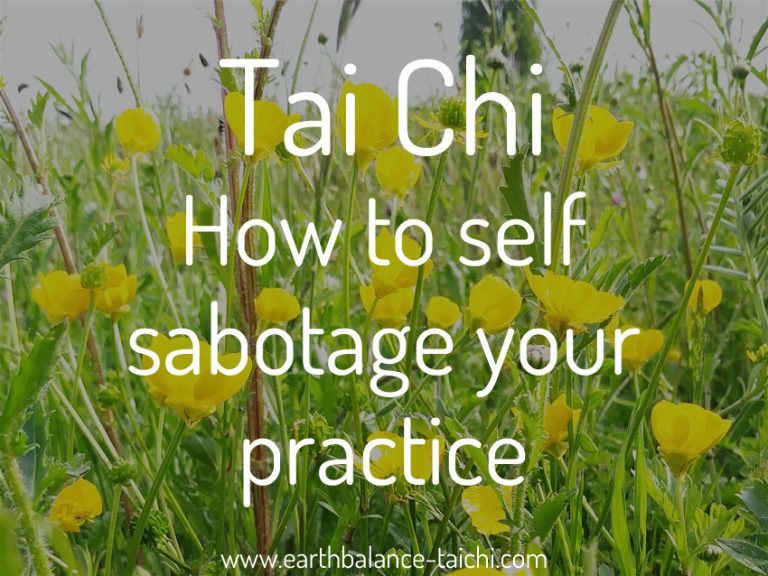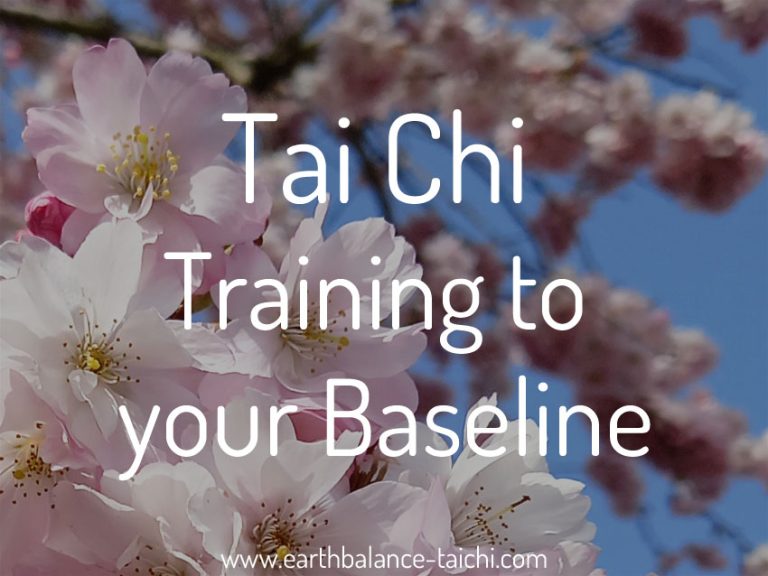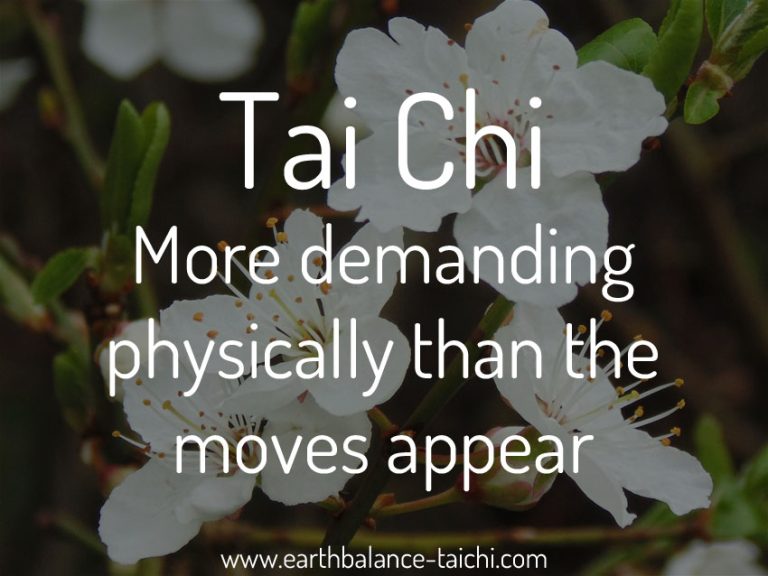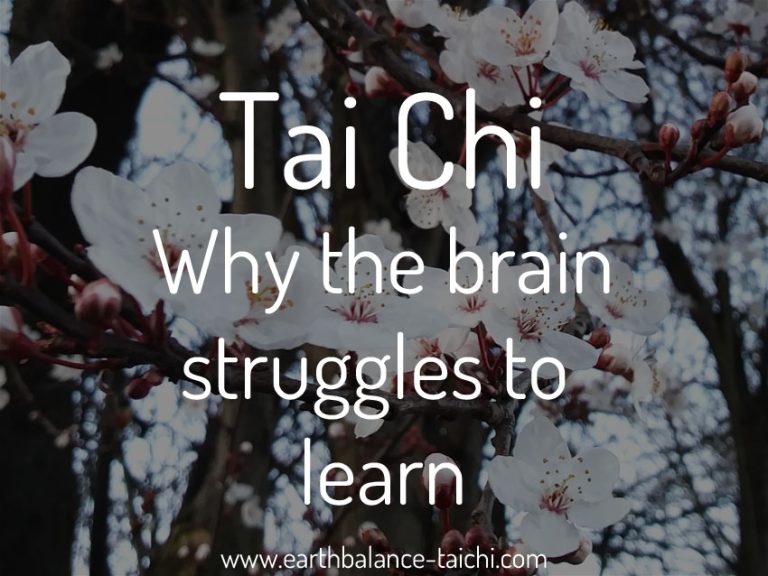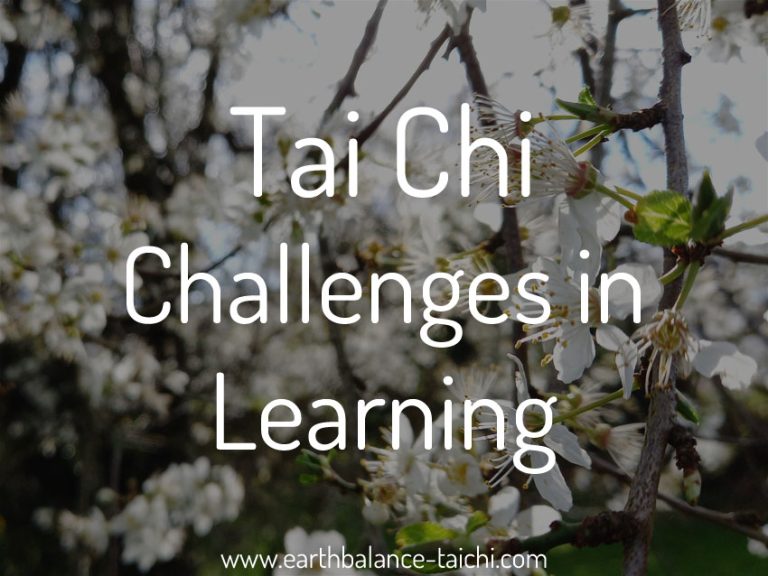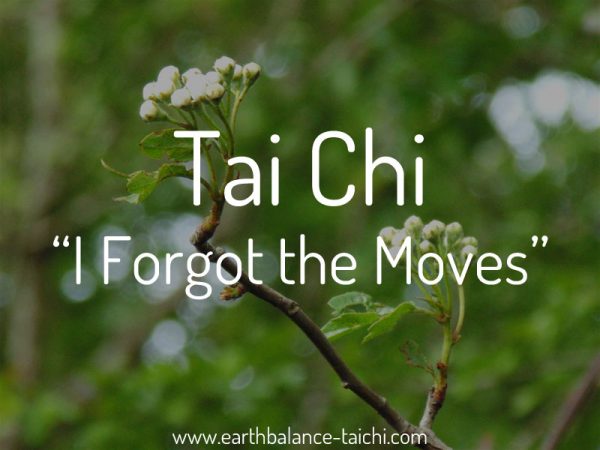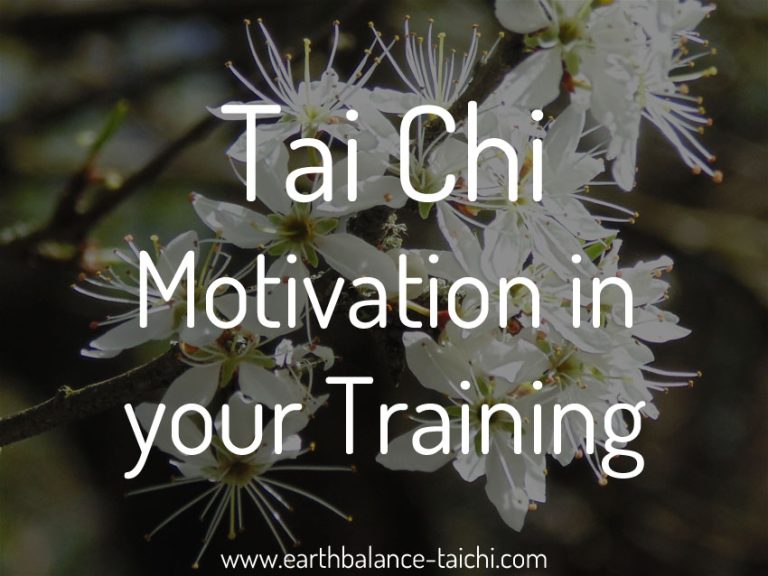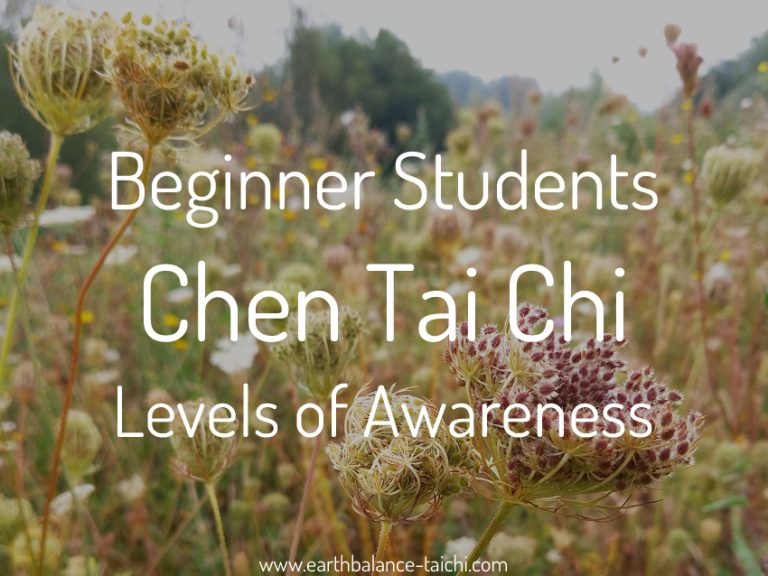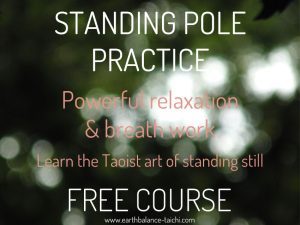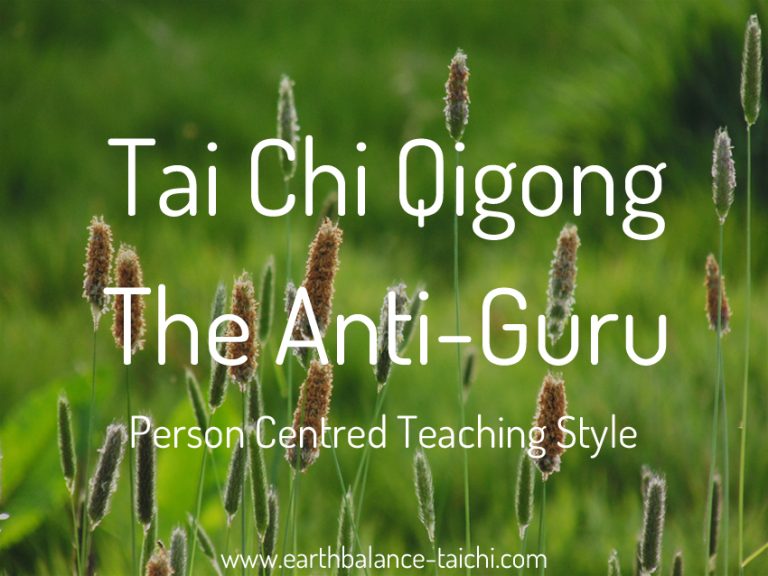Managing Expectations in Tai Chi
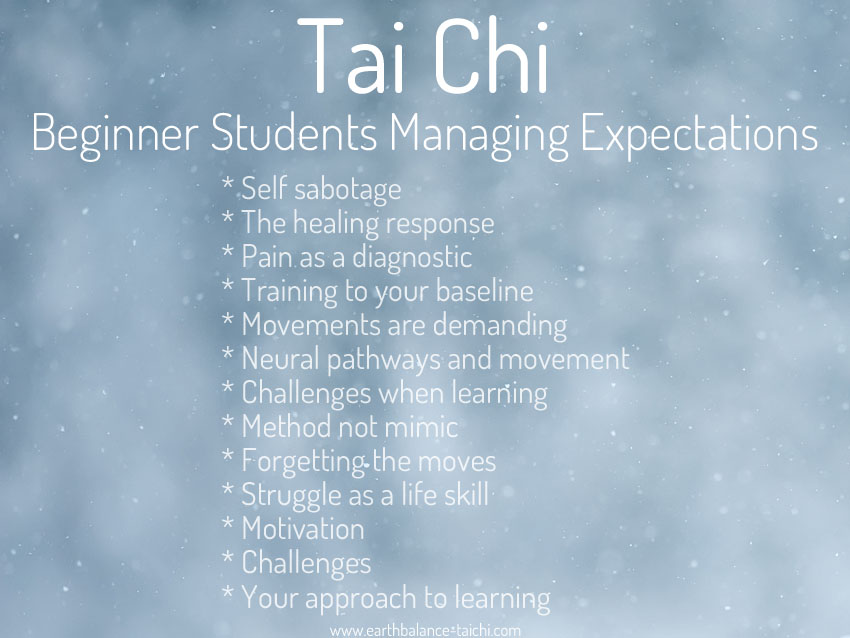
Managing Expectations in Tai Chi
Handy Tips for Beginners
As a beginner Tai Chi student there are some key things to know before you start training, that will make the first steps into your Tai Chi journey much smoother. When you start a new exercise programme it is easy to bump into barriers that will stop you doing something new. The mind is easy to sabotage. By knowing what to expect in your first weeks and months of training Tai Chi, hopefully as these barriers and challenges come up, you will understand how you can move passed them. Giving them the attention they need without letting them be dominant. Change is never easy and if your expectations of what doing something new will be like are opposite to what happens in reality, that can be very hard to digest. Come to class with an empty cup they say. Let's take a look at typical Tai Chi experiences and handy tips for managing expectations in Tai Chi.
Managing Expectations in Tai Chi - Handy Guide
Which Practice to start with?
When starting out as a beginner student, which practice is best to start with? Tai Chi or Qigong. Find out the low down on each practice here. My suggestion is to give both a good try, over about six weeks each, and then practice the one you fall in love with. For some of you it will be Tai Chi, others Qigong, and a few of you will love both. Read more here.
Self sabotaging your Tai Chi practice
As humans, we like to be in control, and when we are out of control like when we start something new, the mind will self sabotage to regain that sense of control. For many people this means a barrier will be put in place by our minds that will stop us. And then the mind returns to the safety of comfort. This is a trap! There are three main self sabotages techniques in Tai Chi that I have observed as a teacher, 1) Refusing to learn something when you are not immediately good at doing it, 2) Leaving a class because Tai Chi hurts your X, Y, Z, and 3) When practicing, jumping out of your form and saying "I've lost it" when you blank. Read more here.
The healing response
Tai Chi movements are very different from your normal daily movements. When starting moving the body in a different way, the body reacts. It is typical for old injuries to flare up, for the muscles and soft tissue to become sore, for joints to hurt, to feeling discomfort, tired and sluggish or even nauseous. New beginners may consider this that Tai Chi is bad for them and give up and they may have a negative view of Tai Chi from that point on. My article on the healing response discusses what to expect in detail.
Pain as a diagnostic
As a beginner Tai Chi student, you may experience discomfort and pain as you begin to exercise. What you will experience depends where you are on your health journey, whether you are new to exercise from a sedentary routine or have a mobility and flexibility routine already on the go. There is a difference between good pain and bad pain. Learning the skill of body awareness and body sensitivity will help you become an expert of your own body. Learning about the different types of pain in the body and what they relate to will help you on your movement journey. Read my article on how to distinguish different types of pain in Tai Chi training.
Training to your baseline
We are not Tai Chi or Qigong robots, when you step into class your mind and body are bringing along the unique you through the ebb and flow of life. Learning to pace is an important aspect of Tai Chi and Qigong training. Train to around 70-80% of your capacity based on how you are feeling. Always strive to improve and become stronger, yet avoid over doing it, avoid injury and avoid the crash and boom cycle. Pushing yourself passed your limit continuously is counter productive in the long run, whether that is physically or mentally. Tai Chi and Qigong are life long movement arts, enjoy the journey! Read more in my article on health baselines and the art of pacing.
The movements are demanding
Tai Chi and Qigong may look like graceful, light and flowing movements, however they both are systems of whole body mechanics which can be very demanding to perform physically. Consider that you are moving in a continual squatting motion that is connected to spiralling limbs through the core. It's an integrated body connection, which means the whole body is working as one unit, that takes a lot of control physically and beginners will tire and fatigue easily. You will grow stronger over time the more you practice, however in the beginning students must take it easy not to move into tension quickly from the demands on the body. Don't squat as low as your instructor and be aware of your physical baseline. If you go passed your baseline then your body will become very tight as it fights the movements. Staying relaxed whilst moving slowly and deliberately takes a long time to build up. Be slow and gradual to progress.
Neural pathways and body movements
Ever tried rubbing your head and patting your tummy? This is a cross lateral movement and requires the left and right brain to work together. As babies we learn these skills instinctually, then as we age unless we continue to train physical movements across a wide range of motion and complexity, the neural pathways in the brain that were once strong, begin to atrophy. Just like muscles lose strength. When learning Tai Chi as a beginner if you have not been exercising for a while, your mind won't be able to control your body fully. It takes time, effort and repetition to rebuild the neural pathways so that the electrical pulses are fully firing. When this happens your movements and coordination look smooth and graceful. If you find the movements difficult to begin with, they are supposed to be as each limb may be doing a different move, or moving at a different pace. Tai Chi is difficult to learn, much more than yoga. Give yourself a pat on the back if it is hard and you keep going as that is what it takes. Read my article on cross brain connectivity and how it relates to Tai Chi.
Challenges when learning
There are many barriers to learning Tai Chi and Qigong. It can be difficult to overcome them to work towards a regular movement practice. From; no time, no training space, no milestones or grades, your memory and the fear of making mistakes, forgetting the movements to your motivation. As a beginner it is good to know what challenges you can expect to face, to know how the mind will put a barrier in the way to sabotage you. Ignore the mind and keep going! Read my article on challenges in your Tai Chi practice.
Learning via method not mimic
As a beginner Tai Chi student, you have to start by mimicking the instructor's movements. As you progress if you simply watch and follow you will only be able to copy what you see. This means you may end up waving your arms around in the air without purpose. What is needed when learning is the method of movement to give a reason for the choreography. Avoid falling into the trap of mimicking, and be curious as to how and why you move a certain way. Enter into the world of martial applications, body mechanics and principles. Read more in my article about method not mimic.
Forgetting what you have learnt
Tai Chi and Qigong are complex systems of movement to learn. They take a long time to digest into the body, to make the movements authentic. There's no quick fix to learning, simply keep going, bit by bit. As a beginner, it is easy to become overwhelmed by the learning process. Give yourself breathing space and reduce the expectation you place on yourself to perform. You can expect your movements to be wooden, uncoordinated, clumsy and for the choreography to be difficult to retain. I read someone once that is takes 1000 repetitions of a single body movement for that to be committed to muscle memory. It takes a long long long time. The modern world has made us transient, with everything being quick, from fast food to Amazon deliveries. Nothing quick is ever worth doing. Join the slow movement, slow down your pace of learning, slow down your expectations, and enjoy being you right in this moment. no matter how well or not your Tai Chi movements feel or look, practice for the experience, not the look of it or to be good at it. Through practice, you will progress, each and every day. Read my article called I forgot the moves.
Struggle when learning a new skill
Generally, struggle is associated with difficulty and at worst failure. This can be a hard mindset to shift, and a lot of people may shy away from struggle. However, struggle is a positive part of the learning process, it is necessary in order to learn. Is it possible to view struggle as an opportunity? To view struggle as a seed of growth and an enjoyable part of learning. Read my article on struggle in the learning process.
Motivation in your training
As a beginner Tai Chi student, the world of Tai Chi is a novelty, the movements look amazing and you are carried along by enthusiasm. What happens when that dwindles, when the romance wears off and how do you handle that? Many students leave, it takes a certain character to make their practice life long, through ebb and flow, come what may. What drives you to practice Tai Chi, and what keeps you training? The secret is simply keep going and be consistent. Being engaged in your own learning process is also helpful, so is creating memory hooks. How does it feel when you reach a plateau in your training and what can you do about it? Training when you don't want to is part of the art, that can be tough! Read my article on motivation in your Tai Chi practice.
Levels of body awareness
The Tai Chi and Qigong learning process takes a long time to digest in the body. There are stages of body awareness that all students go through. This article discusses each stage and what to expect. With that caveat that your body leads progress, rather than your mind wanting to be all important and forcing you through the process. Give yourself permission to discover awareness naturally, keep on training and each stage will come naturally. Read more here.
Check your mindset
How you approach learning makes a difference to your learning experience. Are you the type of person who engages in their own learning and is proactive and self responsible, or are you a person who likes their comfort zone and finds change difficult. The first type of student is open and receptive to learning, this is exactly what is needed when starting out learning Tai Chi and Qigong. Come as an empty cup and your experience will be positive. Read my article on growth versus fixed mindset.
Check your actions
As a new learner it can be quite scary to step into a class of strangers for the first time to learn a skill you don't know. That's a lot of unknowns. That apprehension can sometimes project outwards, even without meaning to. If you are learning in a group environment, it's important to consider your actions in class and how they may effect the other students. Read my article on blending to green in community classes.
